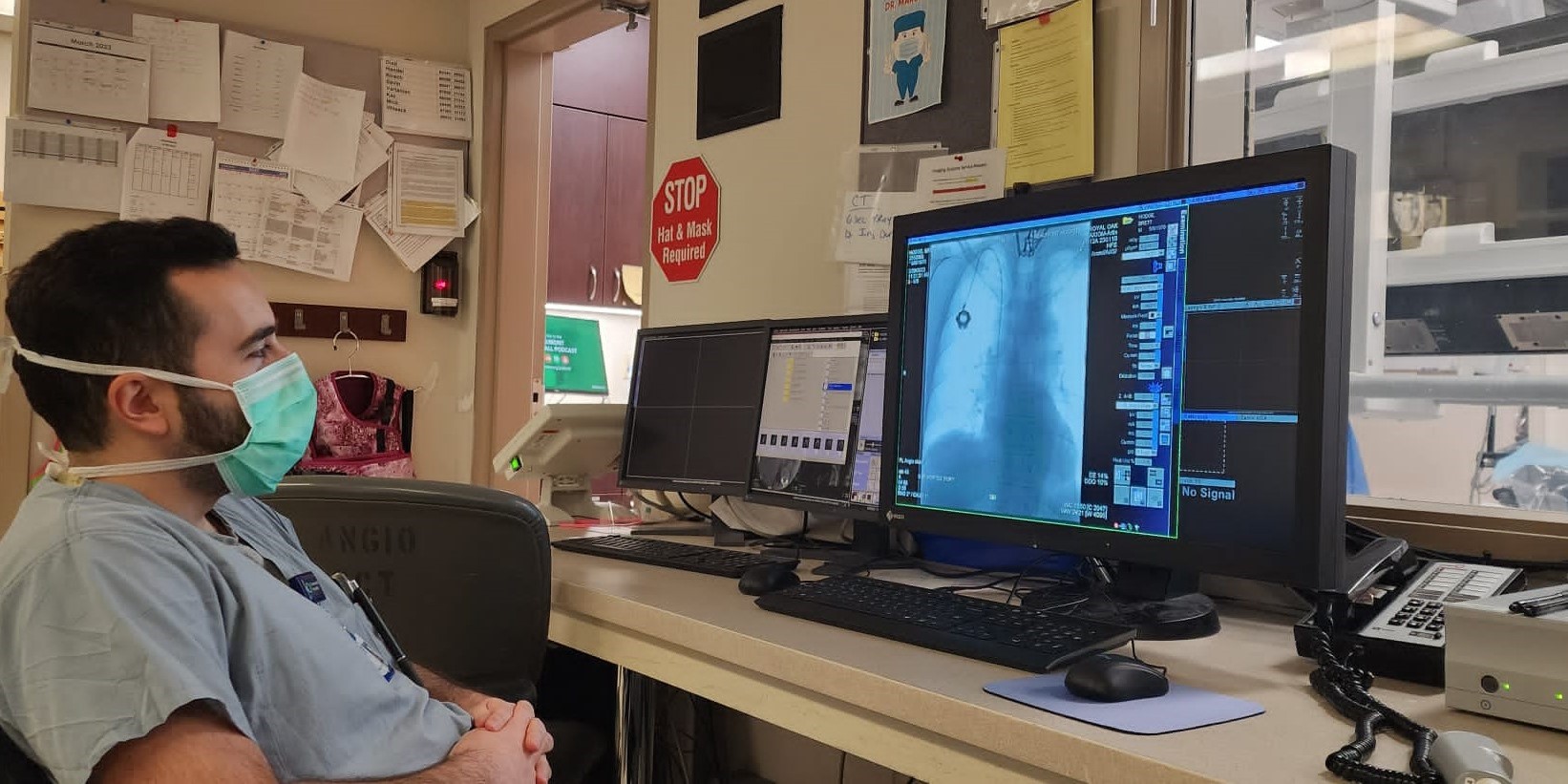
Corewell Health Hospitals process over a million studies a year and provides a diverse array of imaging modalities and pathology with numerous outstanding fellowship- trained faculty who are dedicated and committed to resident education. For example, we are
in the forefront of around-the-clock emergency imaging with one of the busiest ERs in the nation.
Our program is a Categorical Program with the Transitional Year included. This allows residents the opportunity to work alongside clinicians and patients they will serve as radiologists later on. Residents take one month of plain film during their transitional year. Additionally, this allows residents to feel comfortable dictating once they transition into a radiology resident. Residents transition to the radiology department in June of their transitional year with the radiology bootcamp.